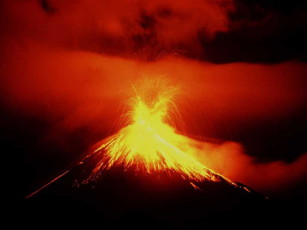Atheists: How many of us are there in the world?

The answer to the question is not simple. Many believe that atheists are not numerous and that we are out of the mainstream. In addition, some people use the term "atheist" as an insult and equate it with immoral or evil. After doing some research I found some surprises.
First, if we consider atheists; agnostics; seculars and people with no religion, as part of the same group, we are ranked third among the different beliefs (if atheism can be counted as a belief) with 1.1 billion people. this number only trails the ones that Christians (2.1 billion) and Islamists (1.3 billion) have. This might sound strange, but it can be explained by the way questions are asked in surveys. In most countries a small number of people (zero to a fraction of 1 percent) will answer "atheism" or "atheist" when asked an open-ended question about their religious option. If the question is phrased like this: "Are you an atheist?"A slightly larger number of people will answer "yes". A slightly larger number than that will answer "no" when asked if they believe in any type of god, deity, or supernatural being. A slightly larger number will answer "no" when asked if they "believe in God". Finally, a larger number of people answer "none" or "non-religious" when asked asked an open-ended question about what their religious preference is. Average numbers show that roughly half of the people who self-identify as "nonreligious" also answer "yes" when asked if they believe in God or a supernatural being.
Second, there are countries that have a very large number of non-believers like Sweden, Denmark, Norway, Japan. They have percentages that range between 40 and 80% of their populations. The thing that has to be pointed out is that those countries are probably the most educated countries in the planet. What was surprising for me were the high percentages, not the fact that where there is more education there are less believers.
With respect to the U.S., about 13.2% of the population describe themselves as nonreligious, 0.5% describe themselves as agnostic, and a smaller number describe themselves as atheist (Kosmin, ARIS/American Religious Identification Survey, City University of New York, 2001).
Among scientists, 60.7% claimed "disbelief or doubt the existence of a god". This number is 93% among the members of the National Academy of Sciences.
As a conclusion I must say that our numbers are significant, however, there is sill a stigma associated with the name "atheist". Many people who de facto are non-believers hesitate about calling themselves atheists. Scientists are the group of people who show the greatest number of non-believers. This is very important, because in a country like the U.S., scientists and engineers, who are only 5% of the population, are responsible for 50% of the GDP.





















